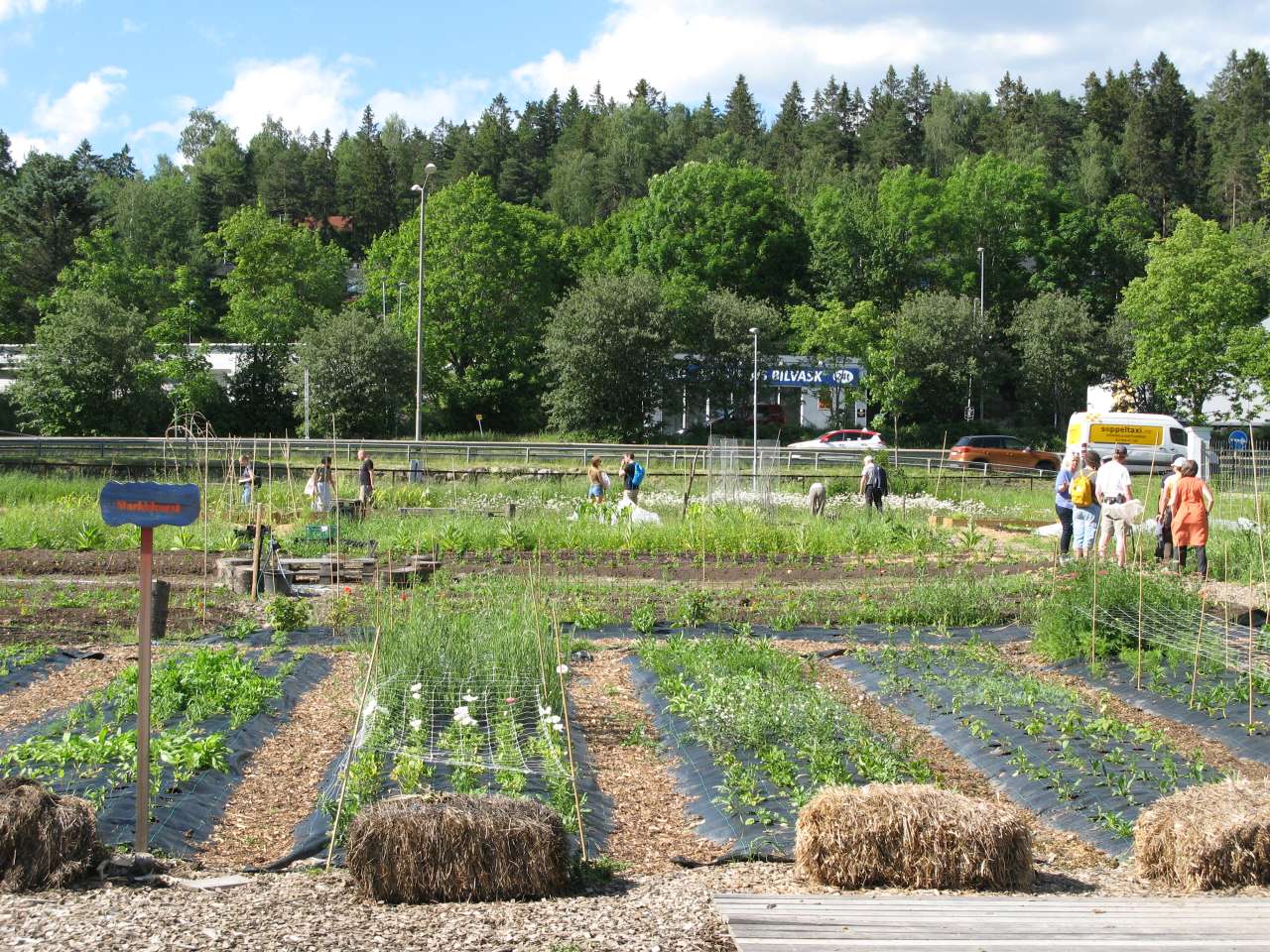Division of Survey and Statistics
Edible Cities Network - Integrating Edible City Solutions for social resilient and sustainably productive cities (EdiCitNet)

End: feb 2024
Start: sep 2018
The systemic use of urban landscapes for food production is a major step towards more sustainable, liveable and healthier cities. A multitude of initiatives around the World, however fragmented, are prospering, forming a global movement of Edible Cities. Their products, activities and services – the Edible City Solutions (ECS) - empower loca lcommunities to overcome social problems by their inclusive and participatory dynamics and to create new green businesses and jobs, and thereby generating local economic growth and fostering social cohesion.
More information
The Edible Cities Network Online Platform Project website at Coordinator News item at nibio.noProject participants
Wendy Fjellstad| Status | Concluded |
| External project link | Project website at EC |
| Start - end date | 01.09.2018 - 29.02.2024 |
| Project manager | Sebastian Eiter |
| Division | Division of Survey and Statistics |
| Department | Landscape Monitoring |
EdiCitNet will leverage the substantial benefits that ECS effect today at local level and catalyse their replication EU- and world-wide by launching a fully open and participatory network of cities, empowering their inhabitants by acommon methodology
a) to systematically explore the wealth and diversity of existing ECS,
b) to adapt, plan and implement successfully proven ECS in their specific urban context.
To make this happen, EdiCitNet will close knowledge gaps in the effective implementation of ECS and their transformation into sustainable, innovative business models. This new insight will feed into a openly shared andglobally accessible knowledge base and methodology to enable sustainable and evidence-based integration of ECS into the long-term urban planning of cities covering a large spectrum of urban, climatic, social, environmental and cultural contexts.
Publications in the project
Abstract
Urban agriculture has the potential to contribute to more sustainable cities, but its impacts are complex and varied. By implementing robust monitoring systems, cities can better understand the true effects of urban farming initiatives. This evidence can then inform smarter policies and more effective urban planning strategies.
Abstract
Urbant landbruk kan bidra til mer bærekraftige byer, men virkningene er mangfoldige og komplekse. Gjennom overvåking kan byer bedre forstå effektene av urbant landbruk. Informasjonen kan deretter bidra til mer målrettet politikk og effektiv planlegging.
Abstract
No abstract has been registered
Abstract
No abstract has been registered
Abstract
No abstract has been registered
Authors
Ingrid Heyerdahl Juditte Juul Diab Ragnhild Nygaard Elisabeth Oterholt Peersen Wendy Fjellstad Sebastian EiterAbstract
No abstract has been registered
Abstract
No abstract has been registered
Authors
Pia C. Kristiansen Julie B. Myrås Thea T. Nørvåg Marit I. Kvernmoen Benedicte S. Nilssen Sebastian Eiter Wendy FjellstadAbstract
No abstract has been registered
Abstract
No abstract has been registered
Authors
Sebastian EiterAbstract
No abstract has been registered
Authors
Kristine Valle Eli Mari Øverdahl Stephanie Degenhardt Kim Weger Wendy Fjellstad Sebastian EiterAbstract
No abstract has been registered
Authors
Sebastian EiterAbstract
No abstract has been registered
Authors
Sebastian EiterAbstract
No abstract has been registered
Authors
Sebastian EiterAbstract
No abstract has been registered
Authors
Sebastian EiterAbstract
No abstract has been registered
